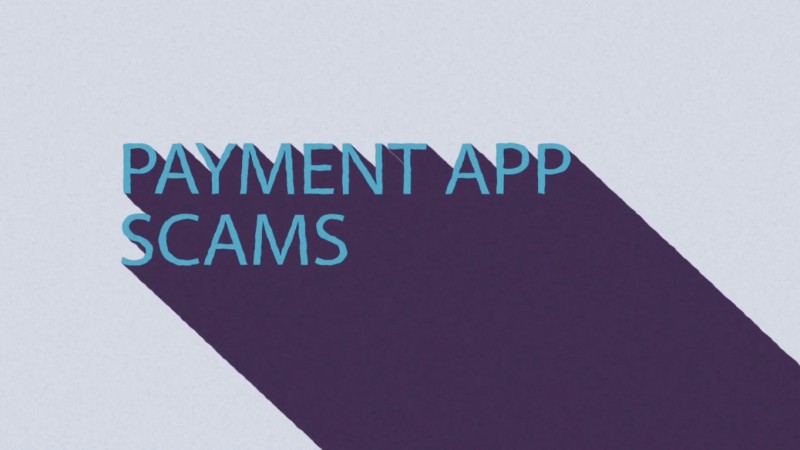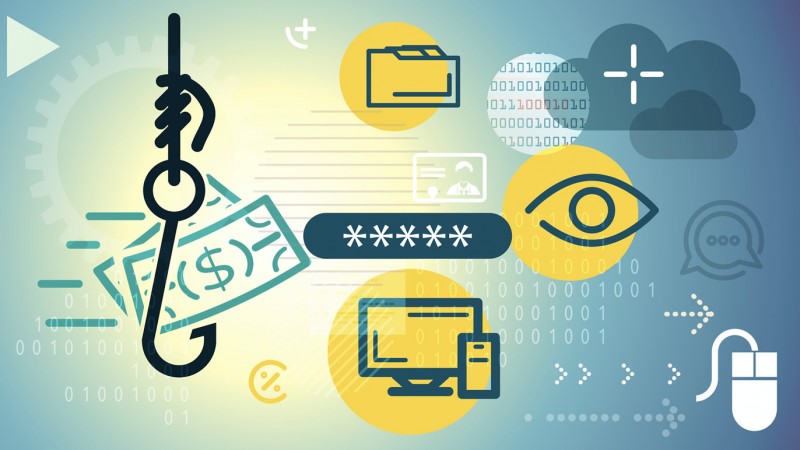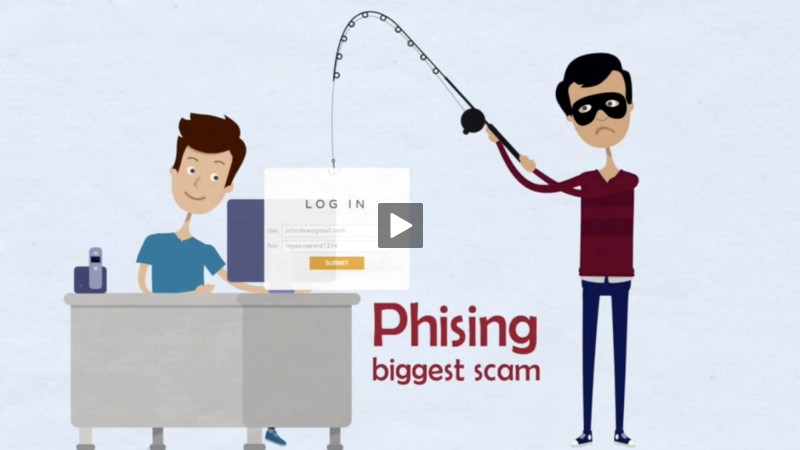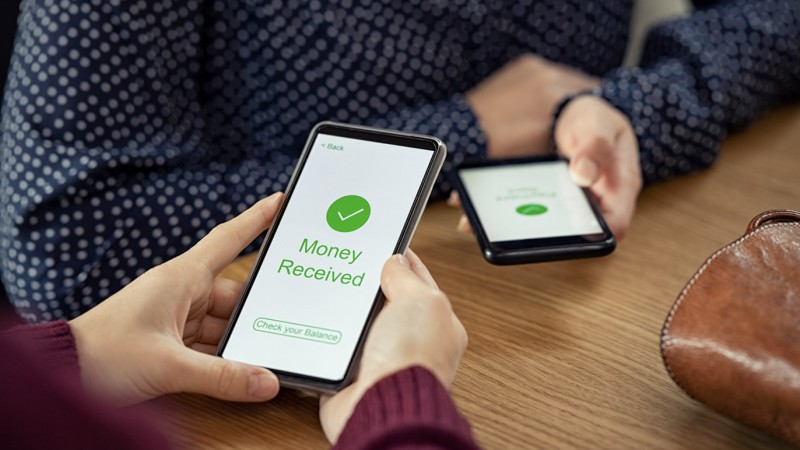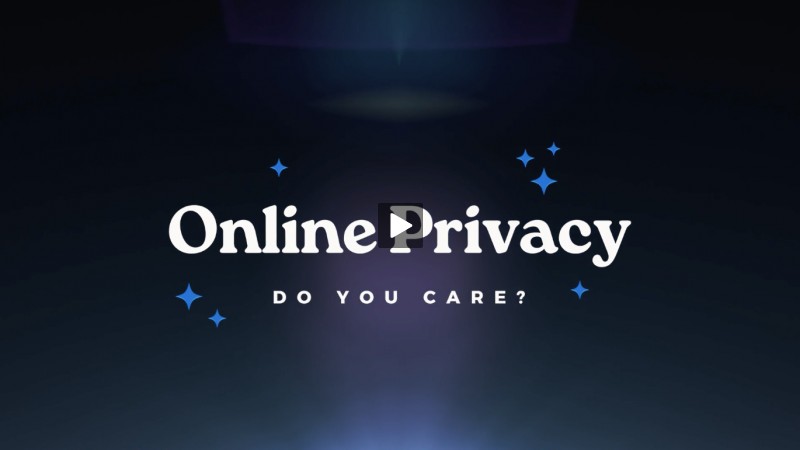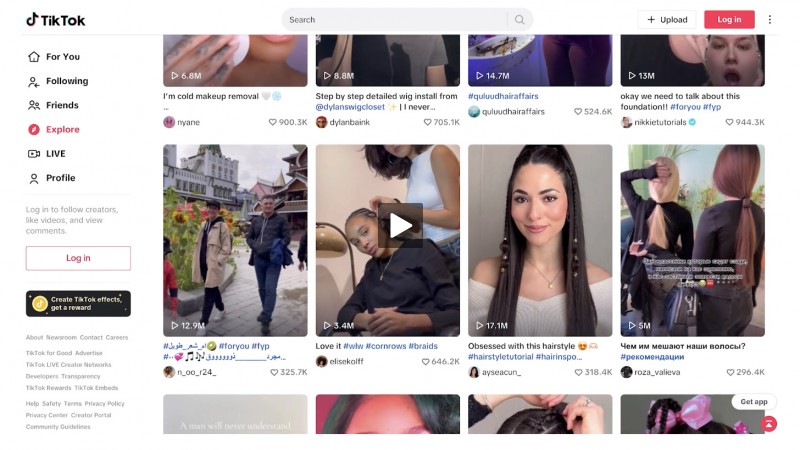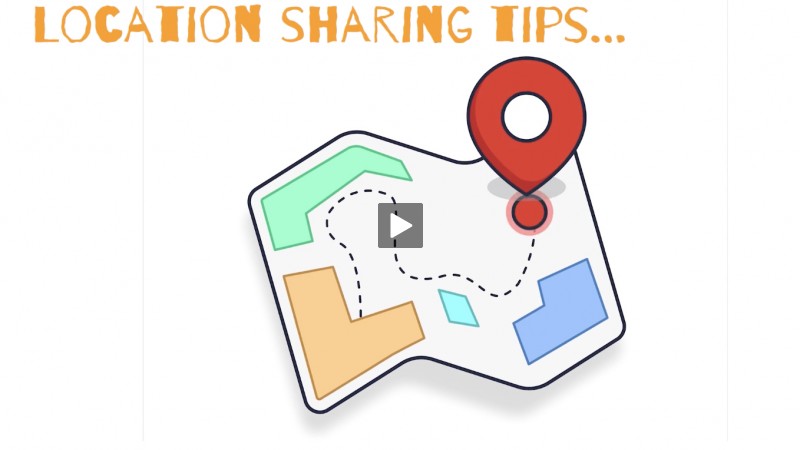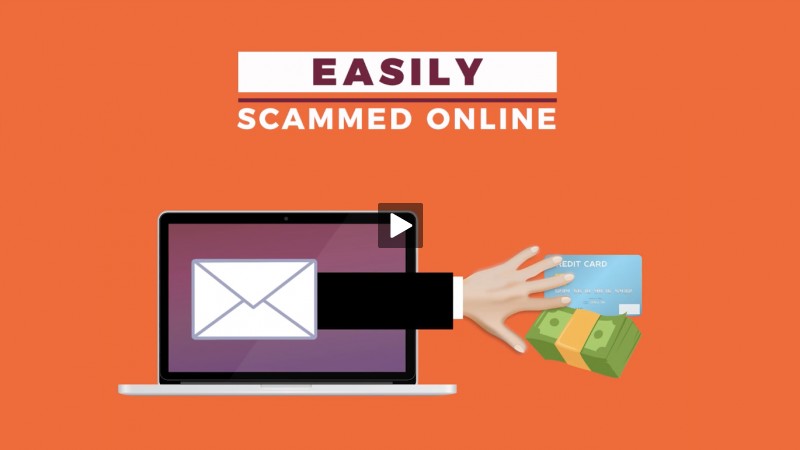The ONE Quiz Scammers Want You to Ace
- Details
- Written by Tracy Scott
- Category: Articles

Social media quizzes can be a breeze — no cramming required!
They appear in your feed and ask questions about a topic you know better than anyone — YOU.
Once these online thieves have your answers, they have a better chance of stealing money from your accounts.
Under the guise of revealing which pop star, superhero, or actor shares your personality, you're invited to answer a handful of personal questions. And just like that — you learn that an "iconic celebrity" and you are virtual twinsies.
Fraudsters hope you enjoy the quizzes so much that you'll complete more of them. Because when you ace these quizzes, they're the ones who make bank.
Just Fun and Games?
While waiting in line at the Department of Motor Vehicles, Melody scrolled through her social media feed and stopped when she saw a colorful post titled "Who's Your Celebrity BFF?" This looks interesting, Melody thought.
Answer five simple questions to discover who would be your celebrity best friend.
Q1. In what city were you born?
Q2. What was the name of your first pet?
Q3. What was your high school mascot?
Q4. What street did you live on as a child?
Q5. What was the make of your first car?
What's the Harm?
Melody thought handing over seemingly benign information was all just fun and games. But she soon realized the questions she had provided answers to were similar to the security questions tied to her online bank account.
Within 24 hours of answering the quiz, Melody received a fraud alert from her bank. When she spoke to the customer service department by phone, they confirmed someone was trying to change her login credentials but could not pass the security questions. It's a good thing she didn't give accurate answers on the quiz.
Cybercrooks know that some financial institutions won't let you make major account changes without verifying your identity first. Identity verification might include correctly answering several security questions like the ones in the quiz. Once these online thieves have your answers, they have a better chance of stealing money from your accounts.
How to Protect Yourself from Online Quiz Scams
We recommend that you keep your personal information secure by skipping pointless online questions where there are no wrong answers. But if you can't resist, stay safe and have fun by:
- Giving phony answers and enjoying the results.
- Changing your login credentials at regular intervals.
- Using a password generator to help create complicated passwords that are hard to guess.
- Refusing to input answers before verifying how the information will be used and by whom.
- Enabling multifactor authentication on your devices to prevent someone from accessing your accounts if they already have your username and password.
After you've had a laugh or two, share this article with other people who might fall for the online quiz scam.
Remember that you can help stop scams by reporting them to the Federal Trade Commission. This agency works with law enforcement to alert the public about deceptive online practices.














